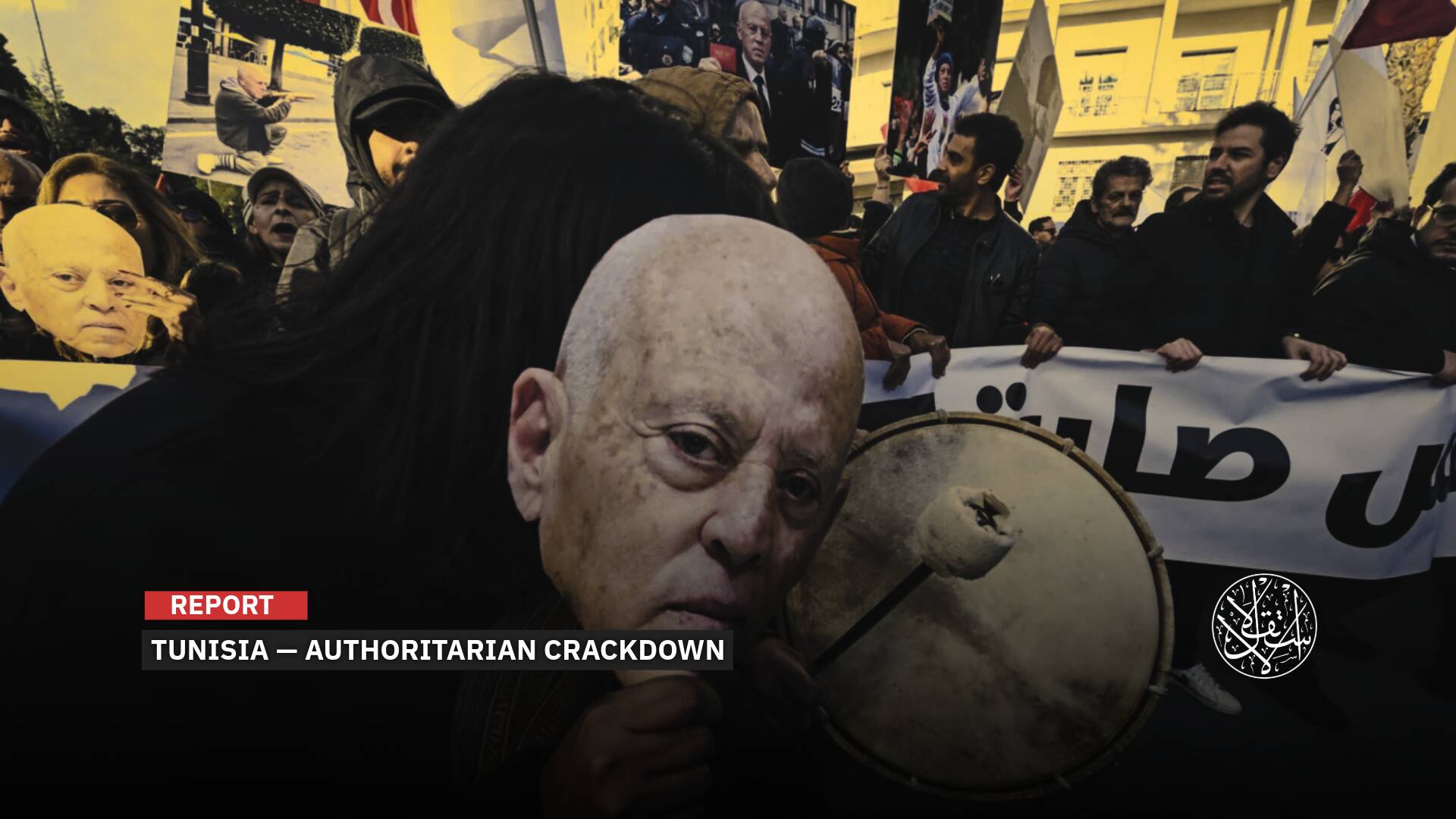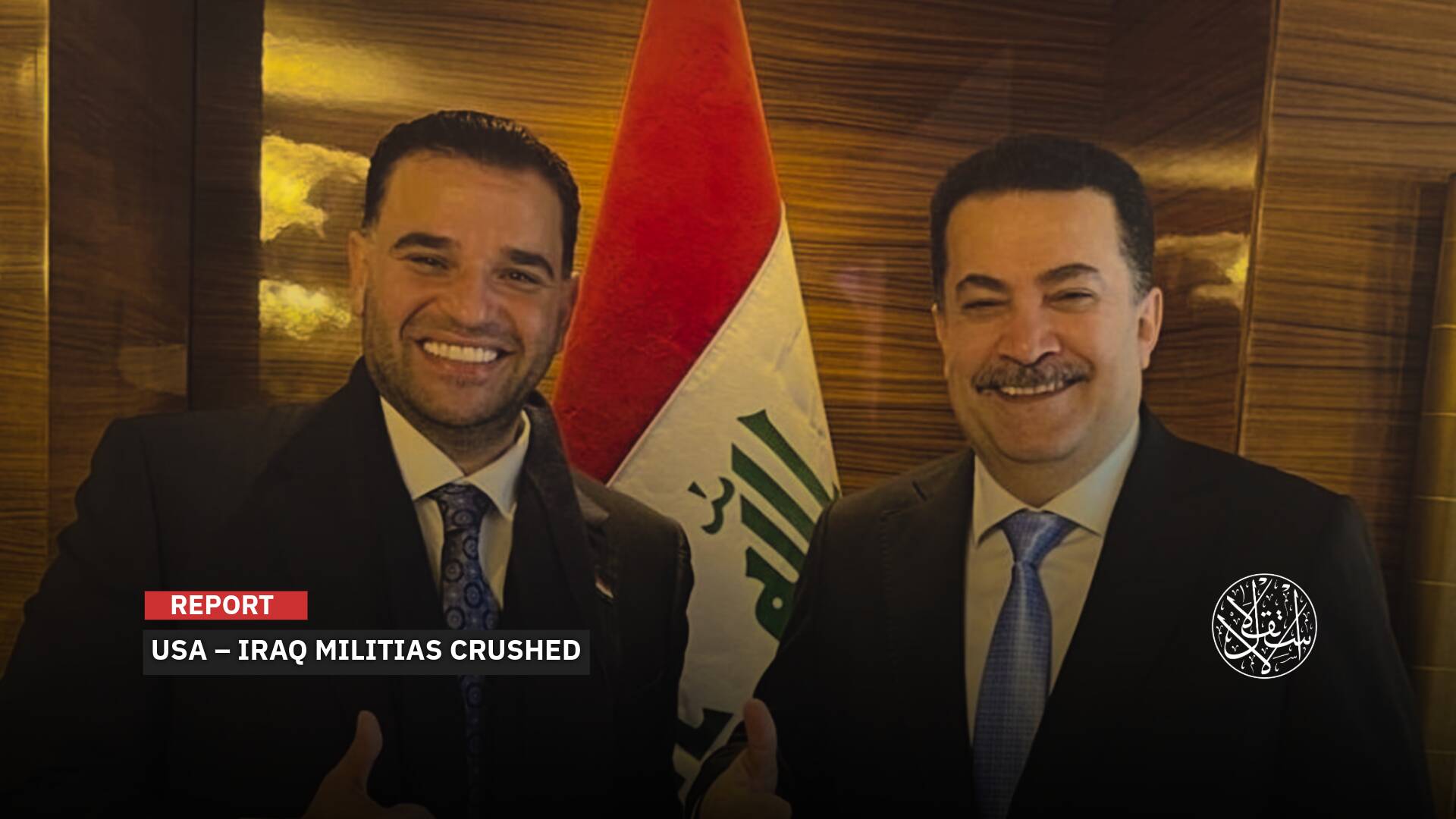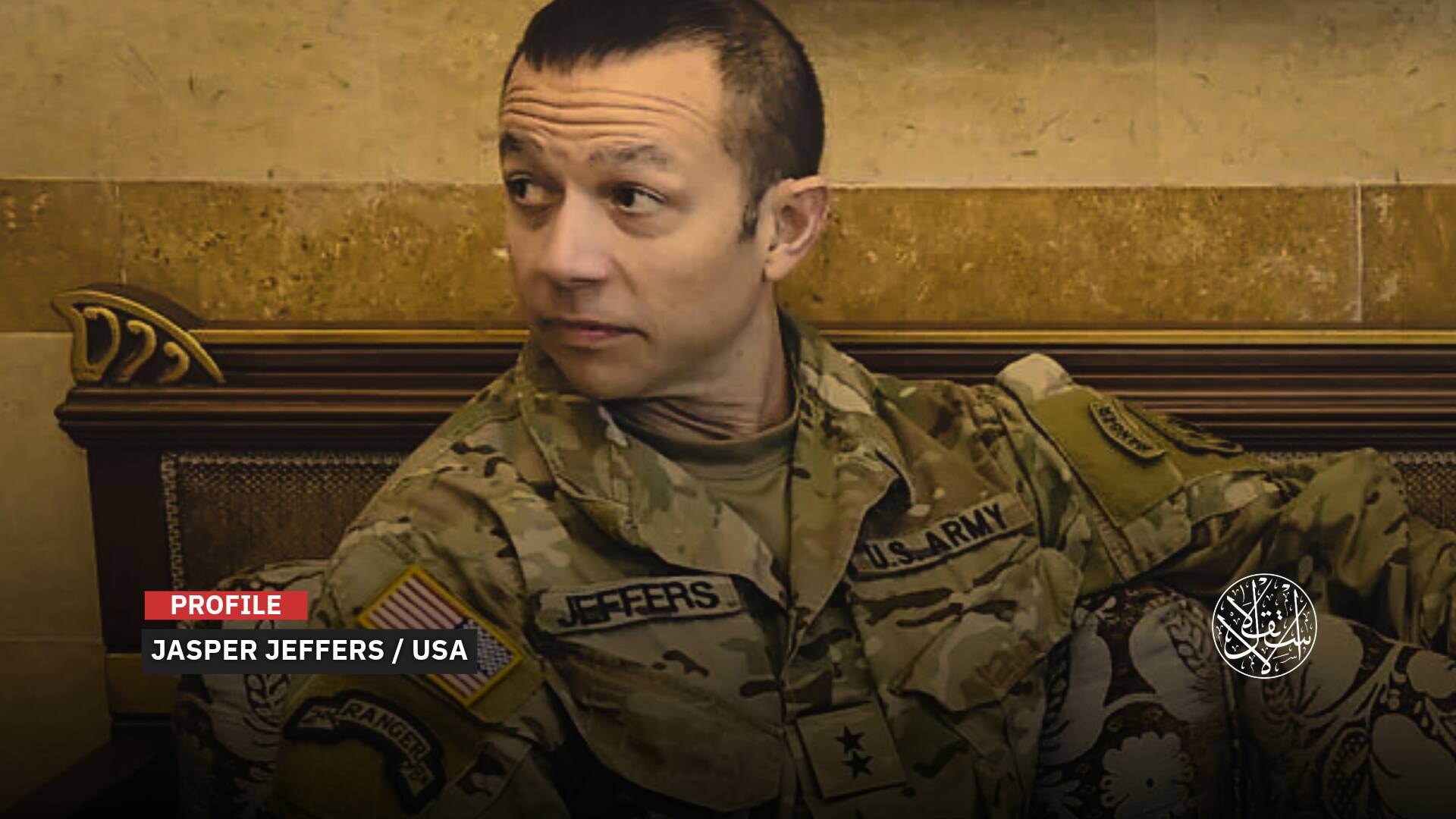Can Foreign Fighters Who Stood by the Revolution Claim Syrian Citizenship?
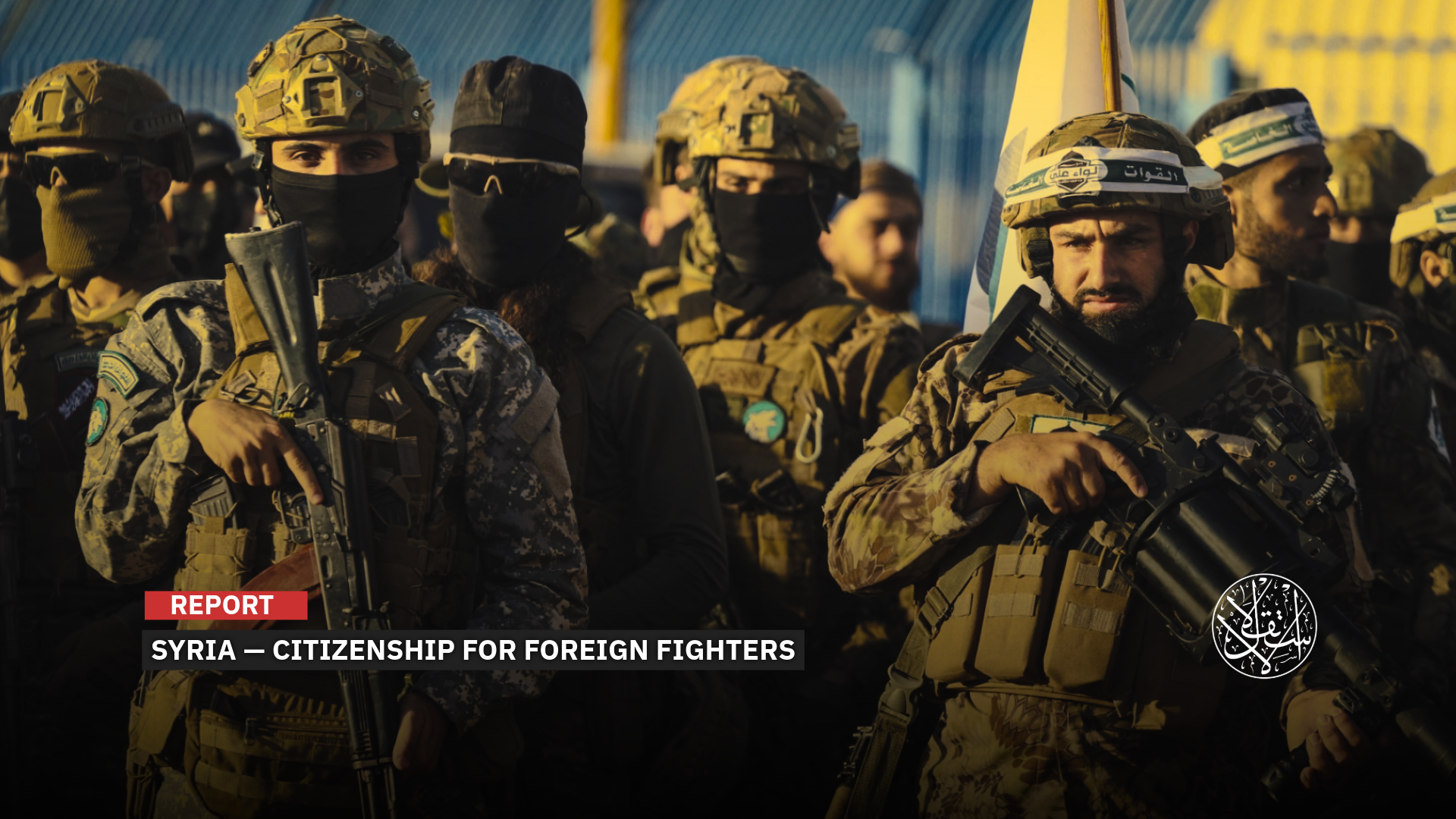
“The government is seriously considering ways to resolve the problem of foreign fighters.”
Debate is mounting in Syria over whether to grant citizenship to foreign fighters who joined the revolutionaries in toppling Bashar al-Assad’s regime, which fell on December 8, 2024.
Under Syrian nationality law, the Interior Ministry can grant citizenship based on specific criteria, leaving foreign fighters more eager than ever to obtain the passport of a country now seeking political and security stability.

Syrian Citizenship
In a concrete step toward that goal, foreign fighters and others who joined the war in Syria after the 2011 revolution have submitted requests to the new government for citizenship, arguing they deserve it after helping the revolutionaries come to power.
A petition submitted to Syria’s Interior Ministry on August 14, 2025, and seen by Reuters, stated that they should be granted citizenship so they can settle down, own property, and travel freely.
“We shared bread, we shared sorrow, and we shared in the hope for a free and just future for Syria [...]. Yet for us, the muhajireen (emigrants), our status remains uncertain,” reads the letter.
“We respectfully request that the Syrian leadership, with wisdom, foresight and brotherhood, grant us full Syrian citizenship and the right to hold a Syrian passport.”
The letter was submitted by Bilal Abdul Kareem, a U.S. stand-up comedian-turned-war journalist residing in Syria since 2012. He told Reuters by phone that the appeal could benefit thousands of foreigners from more than ten countries.
That includes Egyptians and Saudis, Lebanese, Pakistanis, Indonesians and Maldivians, as well as Britons, Germans, French, Americans, Canadians and people of Chechen and Uyghur ethnicity.
According to Reuters, three foreigners in Syria — a Briton, a French national, and an Uyghur — confirmed their support for the petition.
A spokesperson for the Syrian Interior Ministry said the presidency alone holds authority over whether to grant nationality to foreigners.
Many fighters and their families, along with aid workers and journalists who sided with the revolutionaries, lack valid legal documents. Some have been stripped of their original nationality and fear long prison sentences or even execution if they return home.
The fate of these foreign fighters has been a thorny issue since Hayat Tahrir al-Sham came to power. Few countries are willing to take back individuals they often view as extremists, and many Syrians remain uneasy about their presence.
Granting them Syrian citizenship could alienate both segments of the population and foreign governments whose backing the new leadership is trying to secure as it works to unify and rebuild a country shattered by war and sectarian killings.
President Ahmed al-Sharaa hinted in an April 2025 interview with The New York Times that his government might extend citizenship to foreign fighters who have spent years in Syria and stood by the revolution.
The Wall Street Journal has estimated there are about 10,000 foreign fighters in Syria, drawn from across the Middle East, Europe, and Central Asia.
Within Hayat Tahrir al-Sham (HTS), they gained a reputation as disciplined, loyal, and experienced, forming the backbone of the so-called elite units. They fought against the Islamic State beginning in 2016 after al-Sharaa, then the group’s leader, split from al-Qaeda before HTS was later dissolved.

Legal Provisions
From a legal standpoint, many countries grant citizenship after four to seven years of residence, and also to scientists, doctors, researchers, innovators, entrepreneurs, and highly skilled professionals in rare fields.
“Whether fighters or not, the Syrian nationality law allows the Ministry of Interior to grant them citizenship,” Syrian lawyer Abdul Nasser Houshan told Al-Estiklal.
“Articles 4 and 5 of the law state that citizenship may be conferred on a foreigner by decree, based on a recommendation from the interior minister and a written application from the applicant.”
Applicants must be legally competent and have resided in the country continuously for at least five years before applying. They must also be free of contagious diseases or disabilities that prevent them from working, have good conduct and reputation, and have no criminal convictions for serious offenses unless their rights have been restored.
In addition, they must possess a skill or expertise useful to the country, or have a lawful means of livelihood, or sufficient resources not to depend on others, and they must be literate in Arabic.
Article 5 stipulates that citizenship is granted only on an individual basis, with the exception of family members.
Article 6 further provides that citizenship may be granted by decree, on the minister’s recommendation and without the conditions of Article 4, to those holding an expatriate citizen’s certificate, to individuals who have rendered exceptional service to the state or the Arab nation, or to those of original Arab descent.
According to Houshan, this is contingent on a formal request by the applicant and is ultimately subject to the interior minister’s discretion.
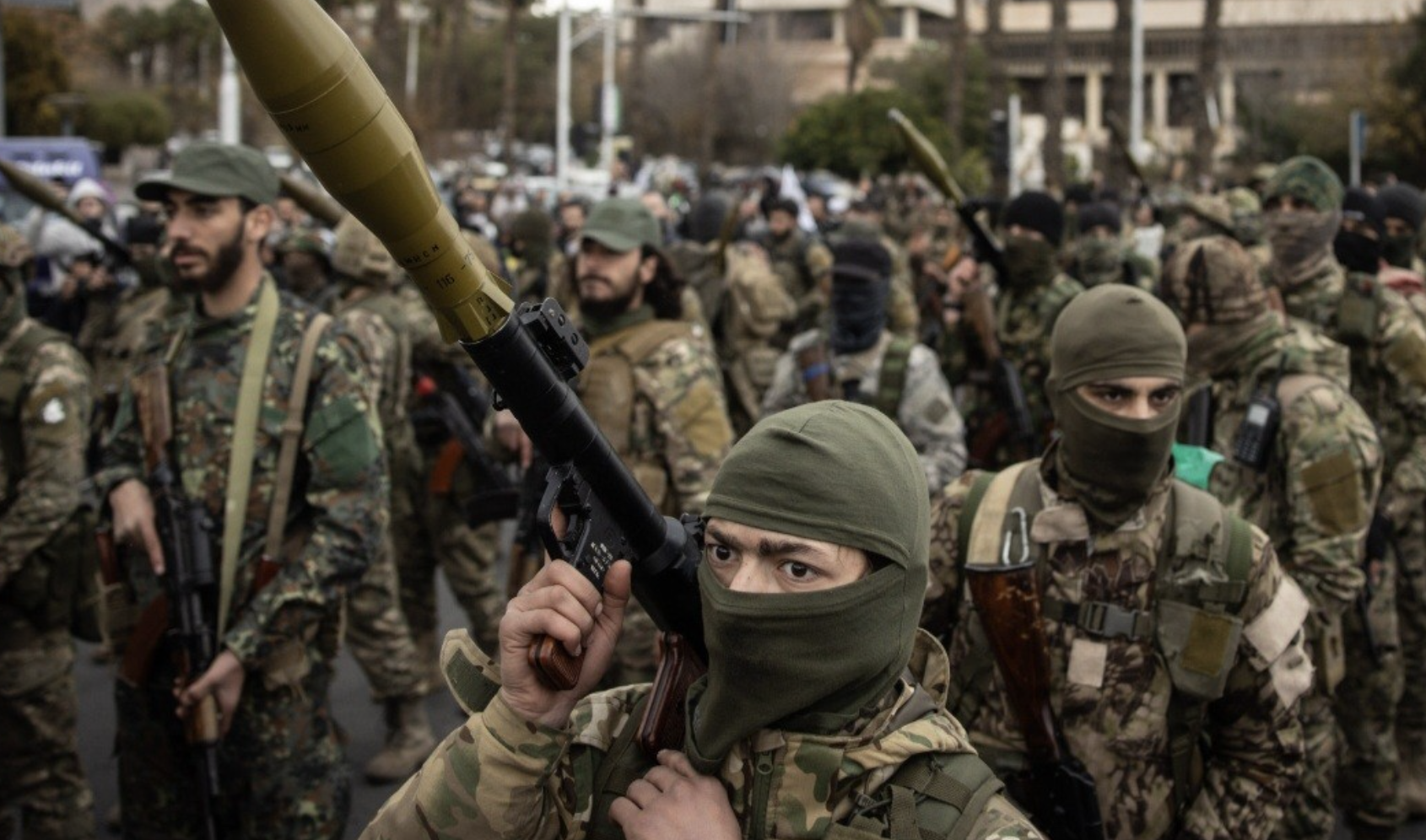
Dividing them into Categories
Because many of these foreigners share the values and outlook of Syrians, their integration into society is seen as possible.
In June 2025, the United States endorsed the Syrian leadership’s plan to bring thousands of foreign fighters into the new national army, provided the process was transparent.
Three Syrian defense officials told Reuters that under the plan, some 3,500 foreign fighters, most of them Uyghurs from China and neighboring countries, would join a newly formed unit, the 84th Syrian army division, which would also include Syrians.
Until early May 2025 Washington had pressed the new leadership to exclude foreign fighters on a broad scale from the security forces. But U.S. policy shifted sharply after President Donald Trump’s Middle East tour on May 13, 2025.
Trump agreed then to lift sanctions on Syria dating back to the Assad era and met Syrian president Ahmed al-Sharaa in Riyadh.
Two sources close to the Syrian Defense Ministry told Reuters that al-Sharaa and his circle had been arguing to Western interlocutors that bringing foreign fighters into the army would be less of a security risk than abandoning them, which could drive them into the orbit of al Qaeda or Islamic State.
Trump’s envoy, Thomas Barrack, went further in June 2025, saying it was better to keep the fighters, many of whom are “very loyal” to Syria’s new administration, within a state project than to exclude them.
Wael Alwan, a researcher at Jusoor for Studies, said that “some foreign fighters can be contained, and this may be one of the policies the Syrian government adopts to address the complex issue.”
“The government is seriously considering ways to resolve the problem of foreign fighters in ways that support the country’s stability,” he told Al-Estiklal.
“Some foreigners had already integrated and aligned themselves with the national direction of the new Syrian state.”
“These,” he said, “could be granted citizenship under law and the constitution, though not immediately, especially as a new constitution is being drafted.”
Alwan also stressed that the current government does not view foreign fighters as a single group, noting that some may undergo settlements if they are not seen as a threat to stability.
Supporters of granting citizenship argue that it would place foreign fighters under Syrian law and accountability.
In the months following Bashar al-Assad’s fall, foreign fighters were accused of taking part in violence against members of religious minorities.






